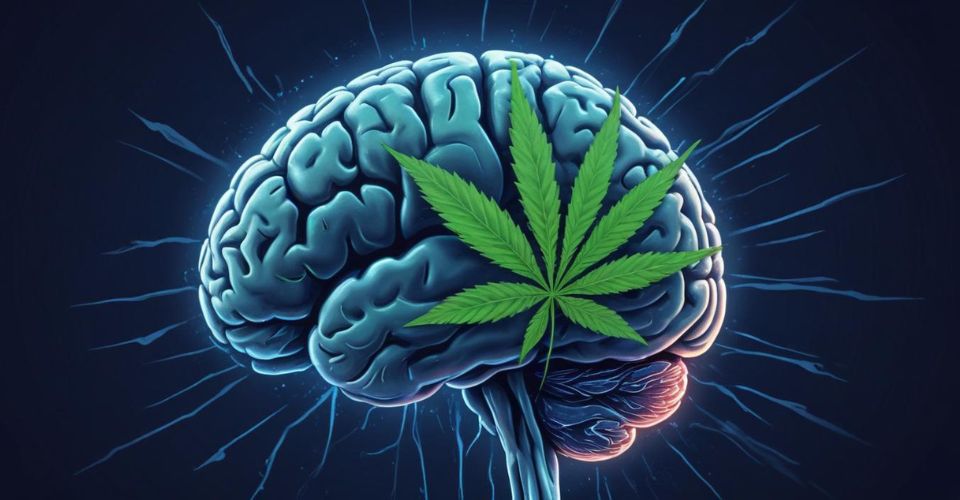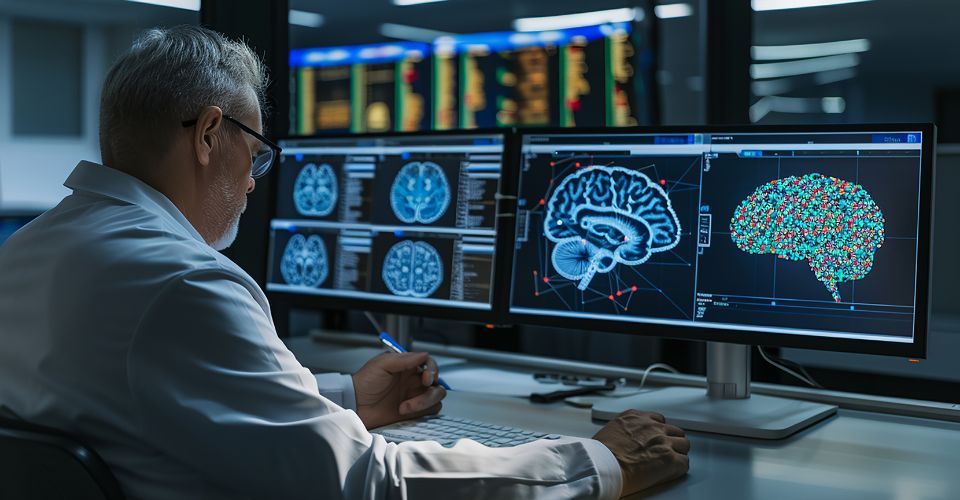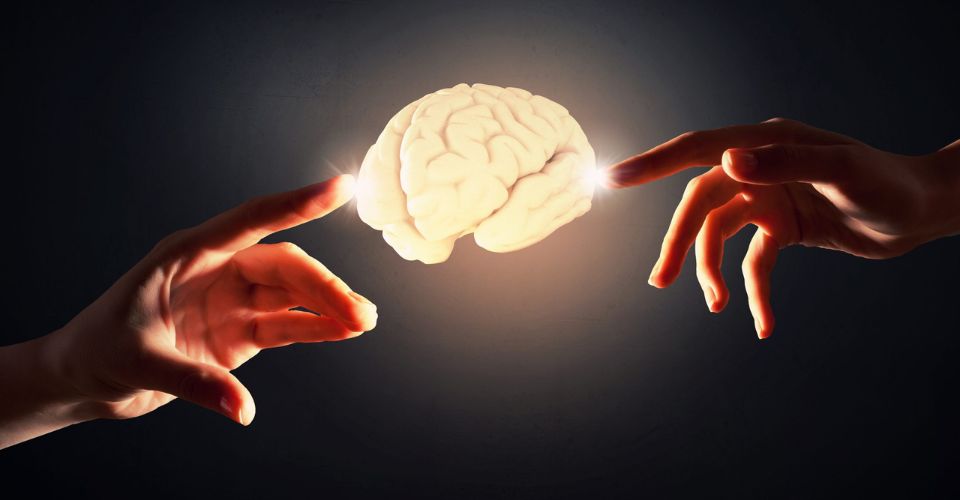Mental Health News: New study finds that body inflammation and release of the molecule histamine dampens the levels of a ‘feel-good hormone serotonin that plays a key role in staving off anxiety and depression.
Our immune system activates the inflammation process when our body is infected by foreign pathogens. This immune response triggers histamine that causes blood flow to the affected area to flood them with immunes cells and fight infections. Inflammation also accompanies a host of chronic diseases such as diabetes, obesity, cancer and neurodegenerative diseases. But, long-term and acute inflammation is increasingly linked to depression. Serotonin is a hormone that makes us feel good and a key target for antidepressants and mood-improving drugs.
According to the Lead author Dr Parastoo Hashemi, inflammation seems to play an important role in depression. There is evidence that people with depression and inflammation are the ones most likely not to respond to antidepressants.
Researchers at Imperial College London and University of South Carolina investigated the relationship between histamine, serotonin, and selective serotonin reuptake inhibitors in the brains of live mice. They could confirm the theory that histamine directly dampens serotonin release in the mouse brain. There is a need for further studies and more complex models of depression behaviours in both mice and humans to fully decode both histamine and serotonin’s roles in depression. If it is successful it may help in diagnosing depression by measuring both the chemicals in human brains.
To Know More You May Refer To:
Hersey, M., Samaranayake, S., Berger, S. N., Tavakoli, N., Mena, S., Nijhout, H. F., Reed, M. C., Best, J., Blakely, R. D., Reagan, L. P., & Hashemi, P. (2021). Inflammation-induced histamine impairs the capacity of Escitalopram to increase hippocampal Extracellular serotonin. The Journal of Neuroscience, 41(30), 6564-6577. https://doi.org/10.1523/jneurosci.2618-20.2021




























Leave a Reply
You must be logged in to post a comment.